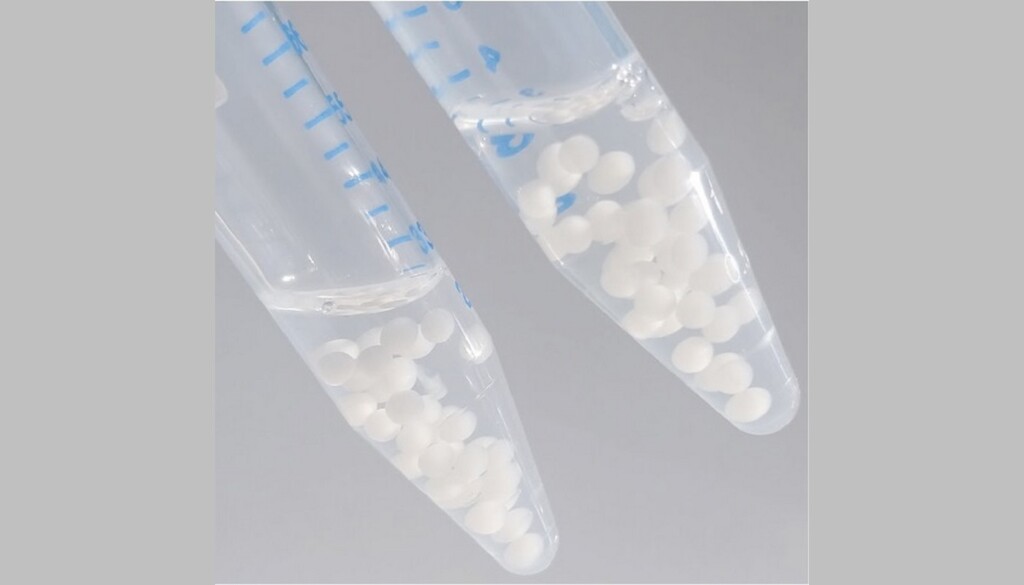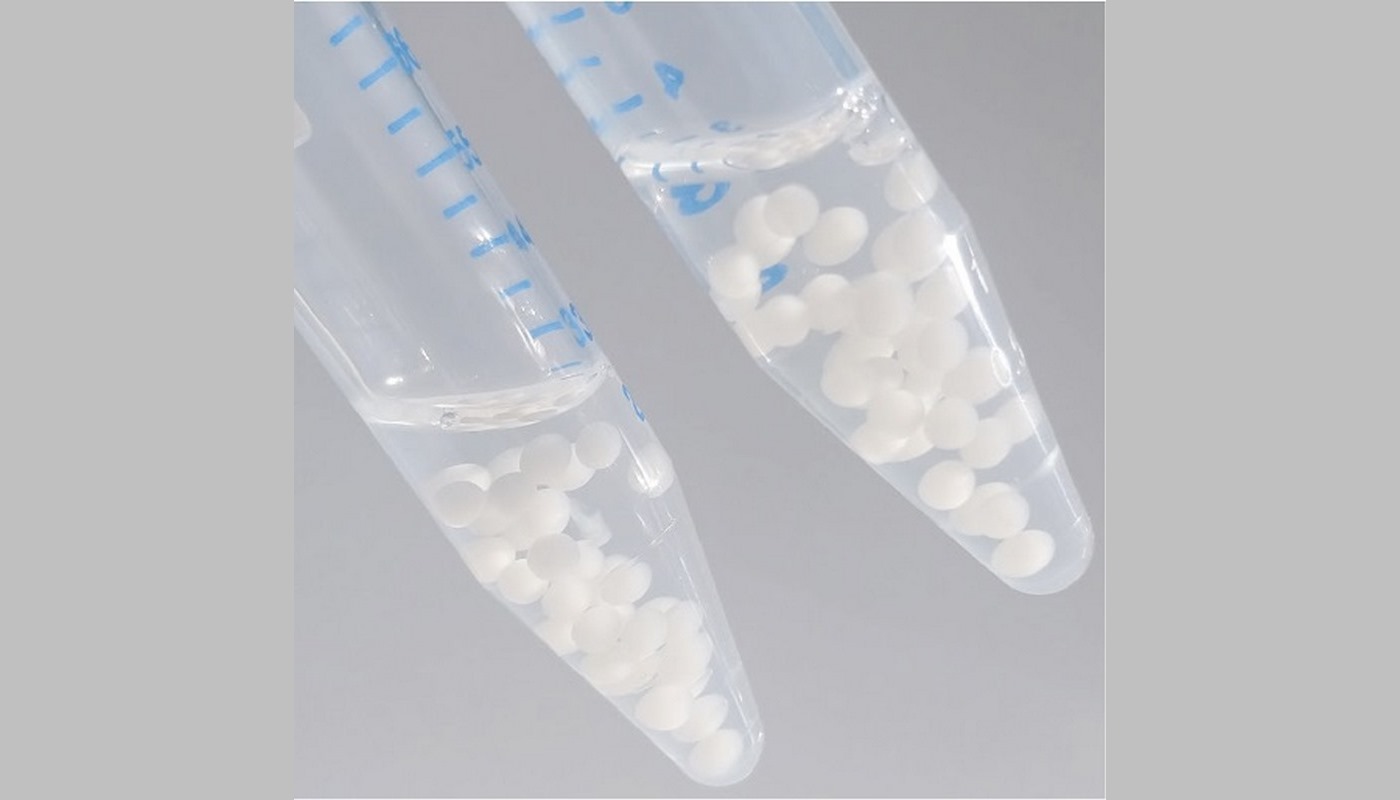
Plastic-chomping bacteria could transform plastic bottles into make-up, drugs, and perfumes, according to a new study.
University of Edinburgh scientists engineered a simple E. coli bacteria to eat our litter and regurgitate it into something else. Writing in ACS Central Science, the researchers announced it was the first “one-pot” solution for making plastic waste useful, or valorizing it, using microbes.
Mountains of disposable polyethylene terephthalate (PET) bottles are thrown out every day. The world produces millions of tons of PET a year, over 80% of which is for single-use products.
The E. coli can upcycle discarded PET into adipic acid, widely relied on in cosmetic, pharmaceutical, and fragrance industries.
Adipic acid is generally created by an energy-intensive process that’s reliant on fossil fuels, and the team hopes their study will encourage industries to use fossil alternatives.
“This approach enables the upcycling of waste carbon from existing industrial processes to create circular economies, avoiding the environmental consequences of landfill and/or incineration processes,” write the authors.
“Although chemical and biological approaches to the depolymerization and recycling of PET waste are being investigated, bio-upcycling technologies to convert plastic waste into higher value small molecules are less established.”
“Herein we report the first one-pot bioproduction of adipic acid from terephthalic acid and terephthalate waste in engineered Escherichia coli.”
MORE INGENIOUS RECYCLING METHODS: Scientists Are Recycling Wastewater to Reclaim Valuable Phosphorous to Put Back in Soil
Looking to bacteria and other microbes for solutions to biodegrading petro-based plastic polymers is nothing new, and GNN has reported on it here in the Arctic, here in a cemetery, here from the University of Texas, and here from Montana State University.
Previously the authors write, other engineers created an E. coli strain that could transform the main component in PET, terephthalic acid, into vanilla flavoring, otherwise known as vanillin.
Building on that research, the University of Edinburgh’s team practiced getting microbes to metabolize terephthalic acid into small molecules including short acids.
YOU MAY ALSO LIKE: ‘Superworm’ With Appetite for Polystyrene Could be Key to Mass-Scale Recycling
They first turned terephthalic acid into muconic acid using one type of E. coli, and then transformed that into adipic acid using another E. coli. They managed to turn up to 79% of the terephthalic acid into adipic acid.
Next, the team hopes to find a way to create higher-value products through similar processes.
SHARE This Step In The Inevitable March To Biodegrading All Plastics…




















